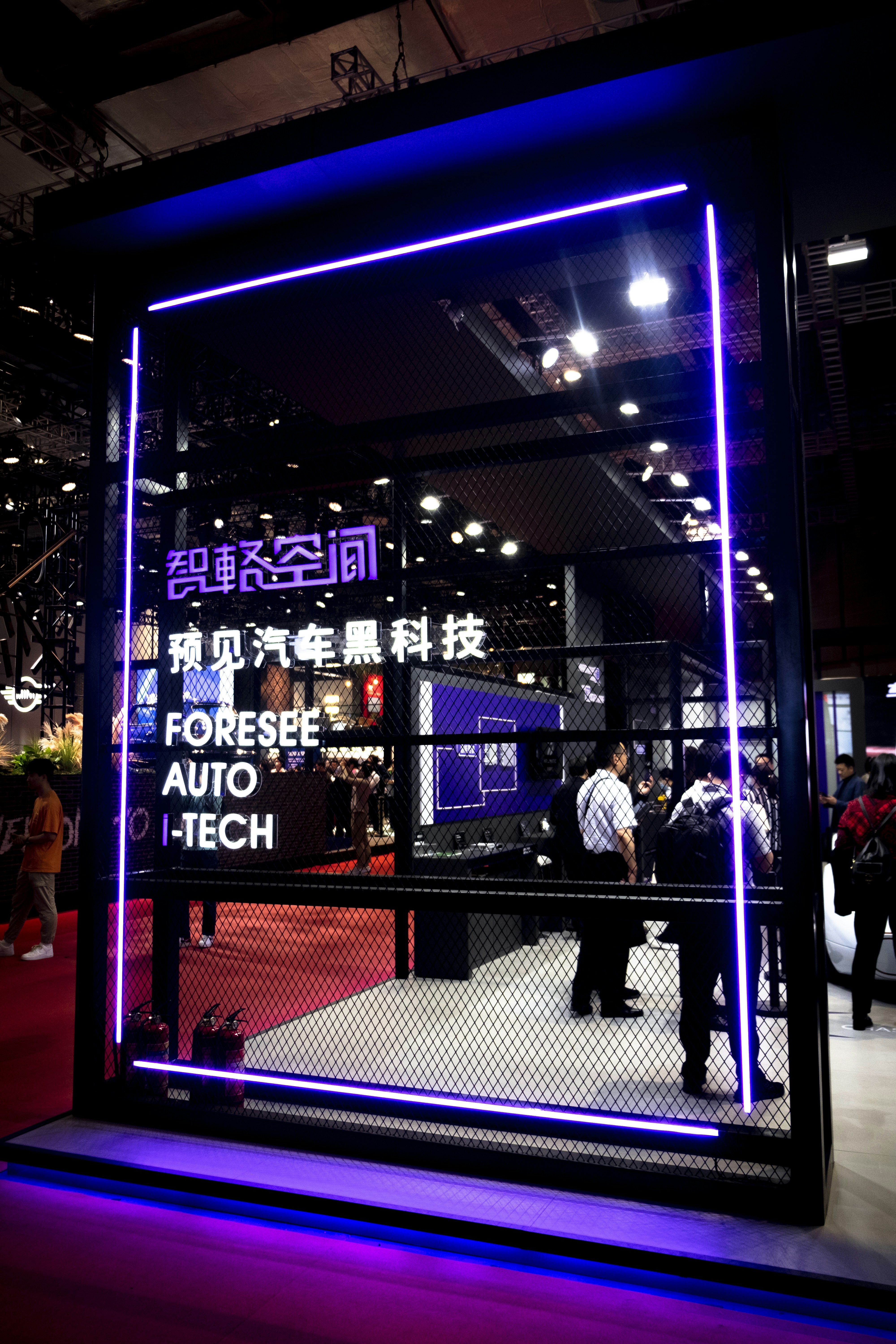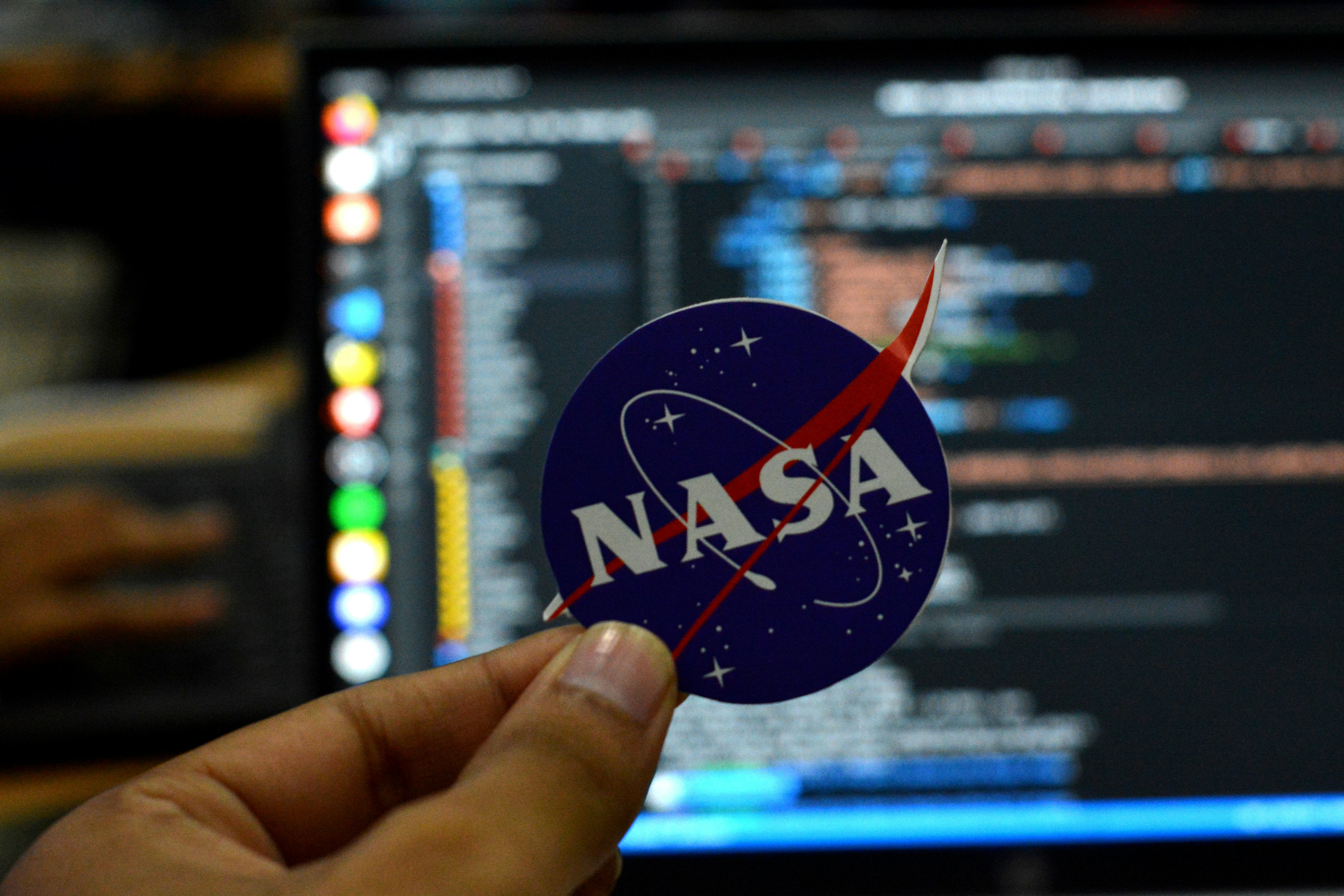
The Netherlands and Japan have reportedly agreed to codify among the US export management guidelines in their very own international locations. However the satan is within the high quality print. “There are actually voices supporting the People on this,” says Lee, who’s primarily based in Germany. “However there’re additionally fairly robust voices arguing that to easily observe the People and lockstep on this might be dangerous for European pursuits.” Peter Wennink, CEO of Dutch lithography tools firm ASML, has mentioned that his firm “sacrificed” for the export controls whereas American firms benefited.
Fissures between international locations might develop larger as time goes on. “The historical past of those tech restriction coalitions exhibits that they’re advanced to handle over time and so they require lively administration to maintain them useful,” Miller says.
Taiwan is in an particularly awkward place. Due to their geographical proximity and historic relationship, its economic system is closely entangled with that of China. Many Taiwanese chip firms, like TSMC, promote to Chinese language firms and construct factories there. In October, the US granted TSMC a one-year exemption from the export restrictions, however the exemption will not be renewed when it expires in 2023. There’s additionally the likelihood {that a} army battle between Beijing and Taipei would derail all chip manufacturing actions, however most consultants don’t see that occuring within the close to time period.
“So Taiwanese firms have to be hedging in opposition to the uncertainties,” Hsu says. This doesn’t imply they’ll pull out from all their operations in China, however they might contemplate investing extra in abroad amenities, like the 2 chip fabs TSMC plans to construct in Arizona.
As Taiwan’s chip business drifts nearer in direction of the US and an alliance solidifies across the American export-control regime, the as soon as globalized semiconductor business comes one step nearer to being separated by ideological traces. “Successfully, we shall be coming into the world of two chips,” Hsu says, with the US and its allies representing a kind of worlds and the opposite comprising China and the assorted international locations in Southeast Asia, the Center East, Eurasia, and Africa the place China is pushing for its applied sciences to be adopted. Nations which have historically relied on China’s monetary help and commerce offers with that nation will extra possible settle for the Chinese language requirements when constructing their digital infrastructure, Hsu says.
Although it could unfold very slowly, Hsu says this decoupling is starting to look inevitable. Governments might want to begin making contingency plans for when it occurs, he says: “The plan B must be—what’s our China technique?”
This story is part of MIT Expertise Assessment’s What’s Subsequent collection, the place we glance throughout industries, developments, and applied sciences to present you a primary have a look at the longer term.





